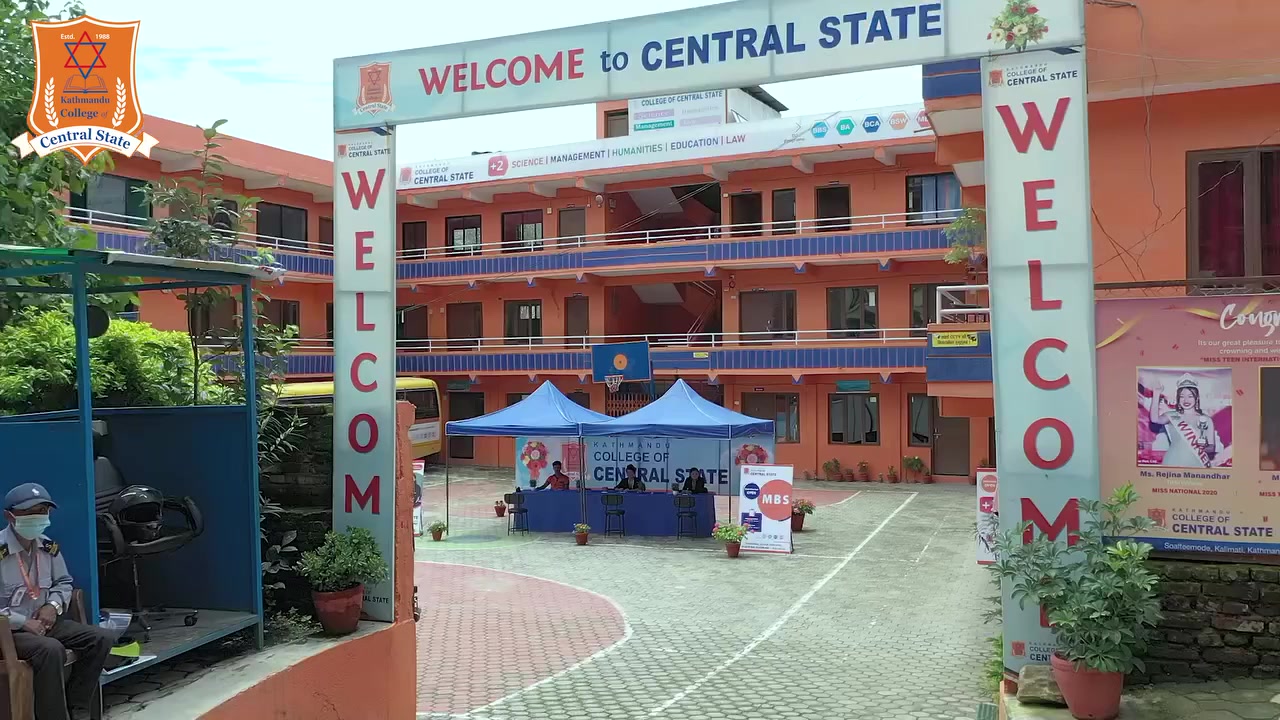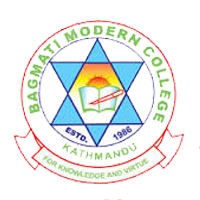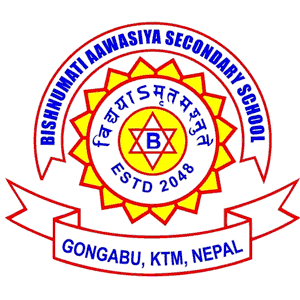Overview
Ten Plus Two (+2) Science at Kathmandu College of Central State
Ten Plus Two (+2) Science at Kathmandu College of Central State (KCCS), Kathmandu, follows the National Examinations Board (NEB) curriculum for Grade 11 and Grade 12.
Students study Physics, Chemistry, Biology, and Mathematics along with compulsory English, Nepali, and Social Studies & Life Skills in line with the Curriculum Development Centre (CDC).
The course gives you a strong base for engineering, medicine, IT, and pure sciences while keeping lab work, theory hours, and assessment formats consistent with official documents.
KCCS delivers science learning through theory classes, supervised laboratories, and assignment cycles. Students receive pre-lab briefings, written records, and viva-style checks that reflect NEB’s expected competencies for Grade 11 and 12.

Highlights
-
Affiliation: National Examinations Board (NEB)
-
Duration: Two academic years (Grade 11 and 12)
-
Core science subjects: Physics, Chemistry, Biology, Mathematics
-
Compulsory subjects: English, Nepali, Social Studies & Life Skills (as per grade-level placement)
-
Assessment: Internal classwork, practicals, and NEB board examinations following CDC curricula and specification materials
Curriculum Details
Physics covers mechanics, heat and thermodynamics, waves and optics, electricity and magnetism, and introductory modern physics. Practical work includes measurement, electrical circuits, and optics verification with written observation and error analysis.
Chemistry develops atomic structure, periodic trends, bonding, thermodynamics, chemical kinetics, equilibrium, organic chemistry, and applied topics relevant to laboratories and industry. Practicals focus on titration, qualitative analysis, and preparation techniques with safety protocols.
Mathematics (compulsory or optional as per selection) builds algebra, trigonometry, analytic geometry, calculus foundations, probability, and statistics. These topics support physics derivations, error calculations, and data handling across science subjects.
Compulsory English and Nepali work on comprehension, composition, and grammar. Social Studies & Life Skills is studied with grade-wise placement under the revised structure and connects science learning to civic responsibilities and personal development.
The department publishes the subject combination sheet each intake. Students can study Biology with Mathematics when seats and lab schedules allow. The college aligns weekly practical slots with the number of sections to avoid clashes.
Objectives
-
Build a clear understanding of core physics and chemistry concepts and laboratory methods
-
Strengthen mathematical thinking for derivations, graphs, and problem solving
-
Improve scientific writing through structured lab reports and short research notes
-
Develop safe lab habits, instrument handling, and data integrity
-
Prepare students for bachelor programs in engineering, medicine, IT, and sciences
Scope
+2 Science supports entry into engineering (separate entrance), medicine and allied health (separate entrance), BSc, BCA, and other STEM programs. Strong grades in Physics, Chemistry, Biology, and Mathematics improve readiness for university-level calculations, programming logic, and research basics.
Learning Outcomes
By the end of Grade 12, students should be able to:
-
Solve standard problems in mechanics, electricity, and waves using equations and units
-
Carry out chemical calculations, plan titrations, and interpret observation tables
-
Use calculus and statistics to analyze motion, growth, and error trends
-
Write concise lab reports that include aim, method, data, graphs, analysis, and conclusion
-
Follow lab safety norms, handle reagents and instruments, and dispose of waste responsibly
-
Explain links between science topics and real contexts in Nepal such as health, energy, and environment
Skill Development Modules
-
Physics Lab: Measurements, circuits, optics bench, and error estimation sheets
-
Chemistry Lab: Titration series, salt analysis, and simple synthesis under supervision
-
Math Workshop: Problem sets on calculus basics, vectors, and statistics with time-bound tests
-
Scientific Writing: Two-page lab reports, graphing standards, and reference style
-
Study Circle: Weekly peer-solving group for previous board questions and numericals
-
Mini Inquiry: Short data collection or simulation task with a one-page abstract
Teaching Methodology
KCCS runs a weekly plan with theory and practical periods. Teachers begin topics with core ideas, worked examples, and a checklist of common mistakes. Labs start with a pre-lab briefing, move to hands-on work, and close with viva questions. Internal tests, model practicals, and revision classes support preparation for NEB assessments.
Admission Requirements
-
Eligibility: SEE or equivalent as per NEB rules for the admission year
-
Stream selection: Science intake is announced with seat numbers and lab capacity
-
Subject pairing: Biology with Mathematics is available when section planning permits
-
Documents: SEE mark sheet and certificate, character certificate, photographs, and ID copies as per notice
Students should follow NEB and college notices for yearly updates on selection and documentation.
Career Opportunities
-
Foundation for engineering, medicine, pharmacy, agriculture, and pure sciences (as per separate entrance routes)
-
Early exposure to IT and programming through mathematics and optional computer science
-
Readiness for labs and data work in university projects and internships
Scholarships and Financial Aid
KCCS posts merit and need-sensitive categories each session under prevailing rules. Awards usually require steady attendance, respectful behavior, and consistent performance. Applicants submit forms with supporting documents within the announced window.
Why Choose This Course?
You want a science route that values careful calculation, neat records, and safe lab work. You prefer a timetable that balances numericals with practicals. You aim to keep choices open for engineering, medicine, IT, or BSc programs after meeting entrance and university requirements.
Conclusion
Create a two-page summary at the end of each physics and chemistry chapter. Maintain a clean lab file with signed experiments, graphs, and corrected calculations. Practice past numericals weekly, and keep a formula sheet that you revise before internal tests and board exams. Strong habits in Grade 11 and 12 make university science less stressful.



















